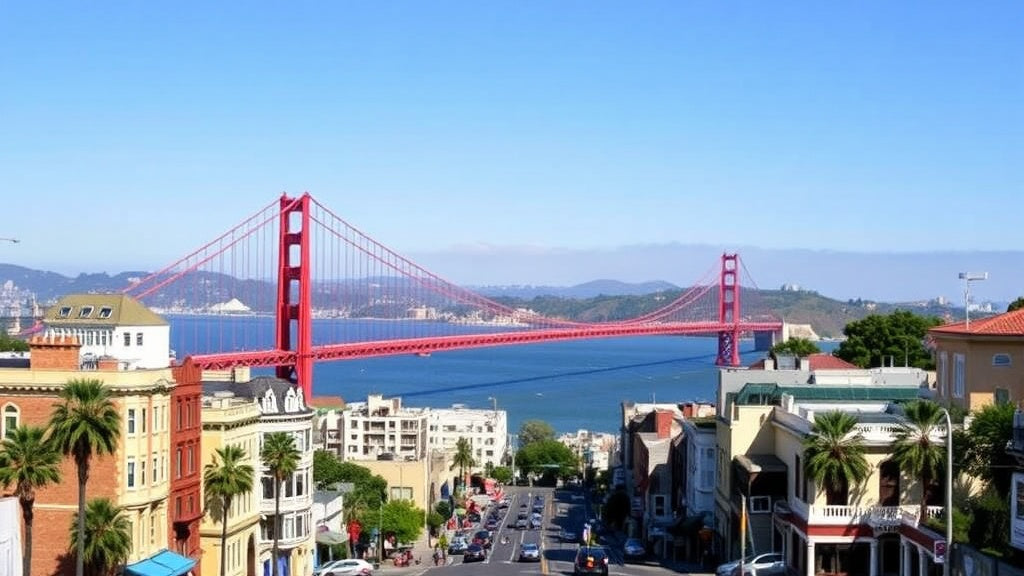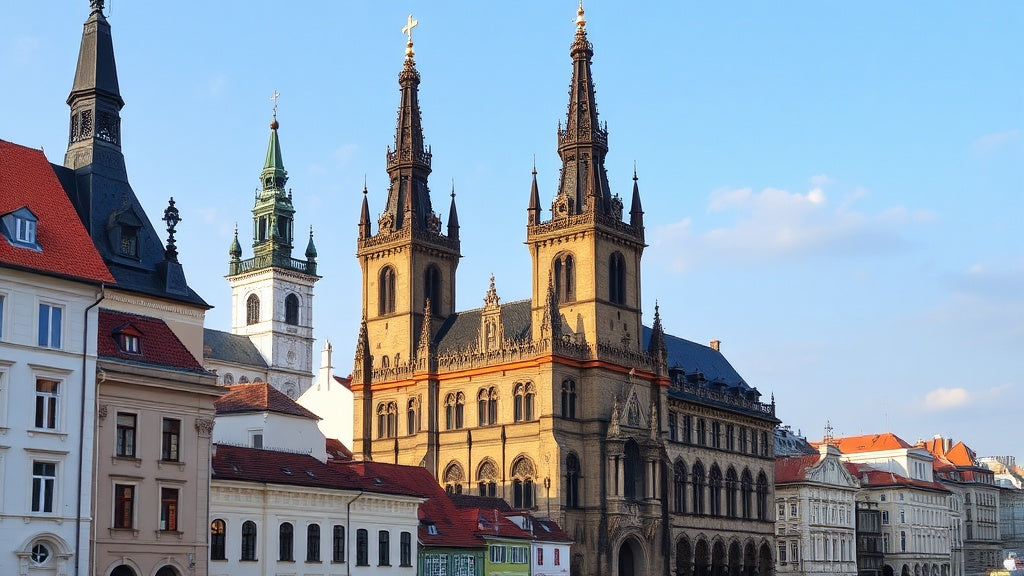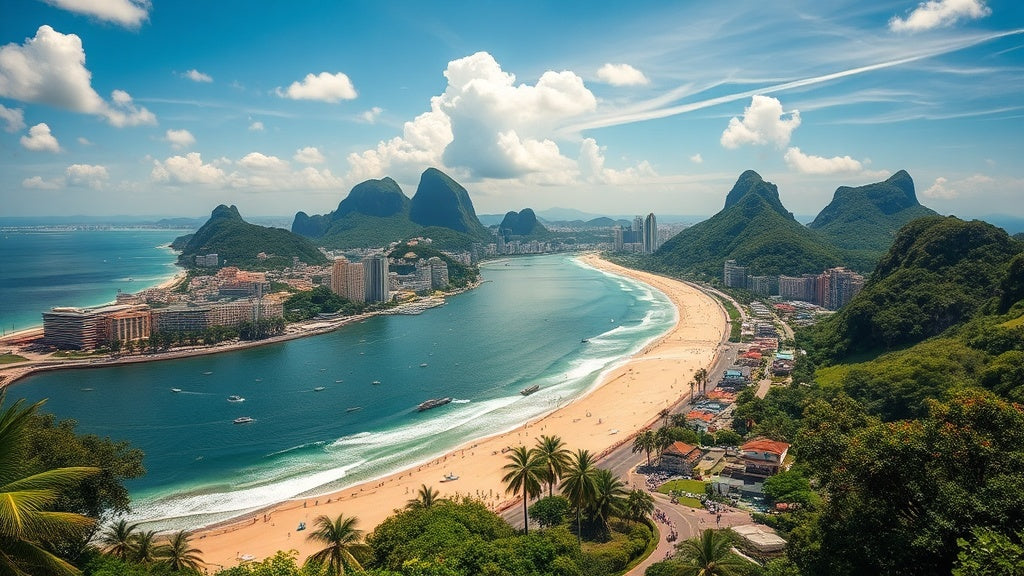
From Jakarta's Decline to Nusantara's Dream: Indonesia's Bold Capital Move
, by Unboxify, 3 min reading time

, by Unboxify, 3 min reading time
Jakarta, one of the world's most populous cities, is on the brink of an existential crisis. Astonishingly, about one-third of the city is projected to be underwater by 2050, making it the fastest sinking city globally with 40% of its area already below sea level. To address this looming disaster, the Indonesian government has devised a high-stakes solution: relocating the capital.
Indonesia plans to move its capital from Jakarta on the island of Java to Nusantara on the island of Borneo, over 800 miles away. This ambitious $33 billion project aims to modernize the country, reduce regional inequalities, and promote environmental sustainability.
This initiative aspires to create a high-tech city, powered entirely by renewable energy, housing approximately 2 million people, or one-fifth the population of Jakarta. Designed as a smart city, Nusantara's strategic location in East Kalimantan promises better connectivity and reduced risks of natural disasters like floods and earthquakes.
Currently, Java accounts for around 60% of Indonesia's national economy, reflecting a Java-centric development model that leaves other regions behind. The relocation aims to redistribute wealth and resources more equitably across the country.
Despite the grand vision, the Nusantara project faces significant challenges. Issues such as investor pullouts, project head resignations, and widespread skepticism threaten to derail the endeavor before it truly begins.
Initially pegged for completion by 2045, the project has struggled to maintain investor confidence. SoftBank of Japan pulled out in 2022, and despite letters of intent from over 400 investors, no significant investments have materialized. Critics feel this project could squander Indonesia’s funds and damage its reputation.
Public sentiment about Nusantara is polarized. Some see it as a bold initiative by President Joko Widodo to address the concerns of non-Javanese people, while others view it as a vanity project, lacking clear benefits and potentially harming Indonesia’s budget and reputation.
Various advocacy groups argue that the 990-square-mile area designated for Nusantara will displace 20,000 indigenous people and accelerate deforestation. Moreover, experts doubt that Indonesia has the renewable energy capacity to sustain the city, casting further shadows over the project's viability.
Despite the planned relocation, Jakarta's issues, such as overpopulation and infrastructural strain, will persist. Critics argue that moving the capital may distance lawmakers from these enduring problems, potentially leading to greater disconnect between the government and ordinary Indonesians.
The Nusantara project is budgeted at $33 billion, but the government has only pledged 20% of this amount. The remaining funds depend on attracting domestic and foreign investments, a task that has proven difficult. There's a risk that Indonesia might overspend, causing severe budget strains.
The departure of key leaders and the arrival of a new president could complicate matters further. President Jokowi has staked his legacy on this project, but his successor may have different priorities. The political will to continue the project is uncertain, adding another layer of complexity.
The long-term viability of Nusantara remains highly uncertain. Will Indonesia secure the necessary financing and political support? Will the promises of sustainability and modernization be fulfilled? These questions remain unanswered as the nation approaches a critical juncture.
Only time will tell if Nusantara can rise to meet its promises or become a cautionary tale of misallocated resources and unmet aspirations. For now, Jakarta continues to face its existential risks, and Indonesia stands at a crossroads, with critical decisions to make for its future.






